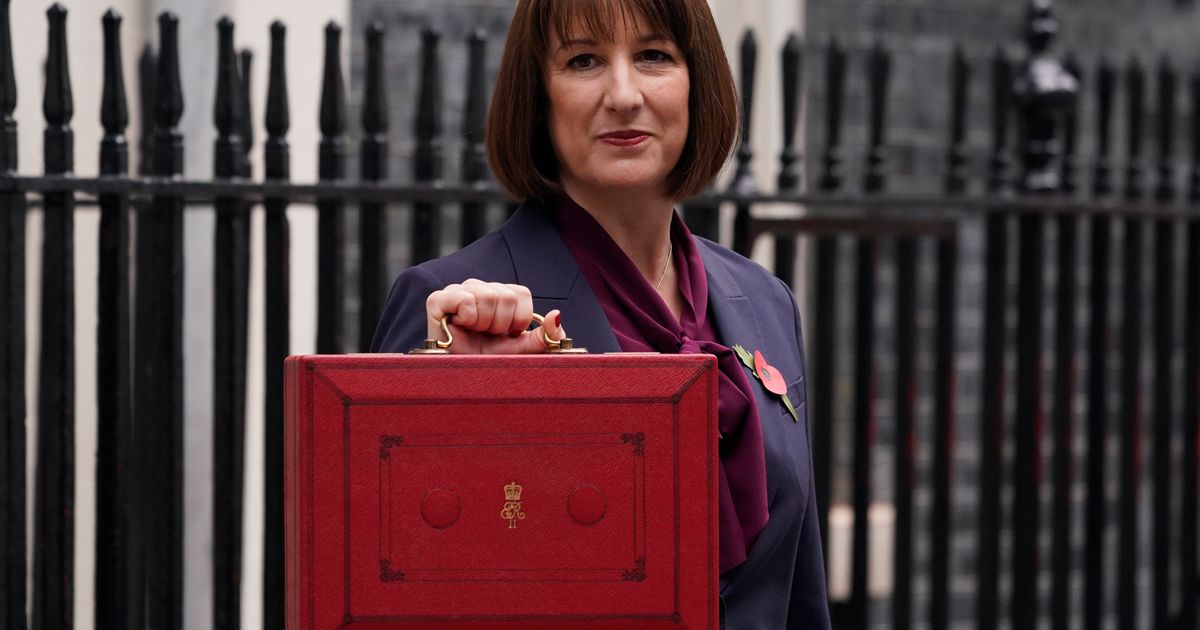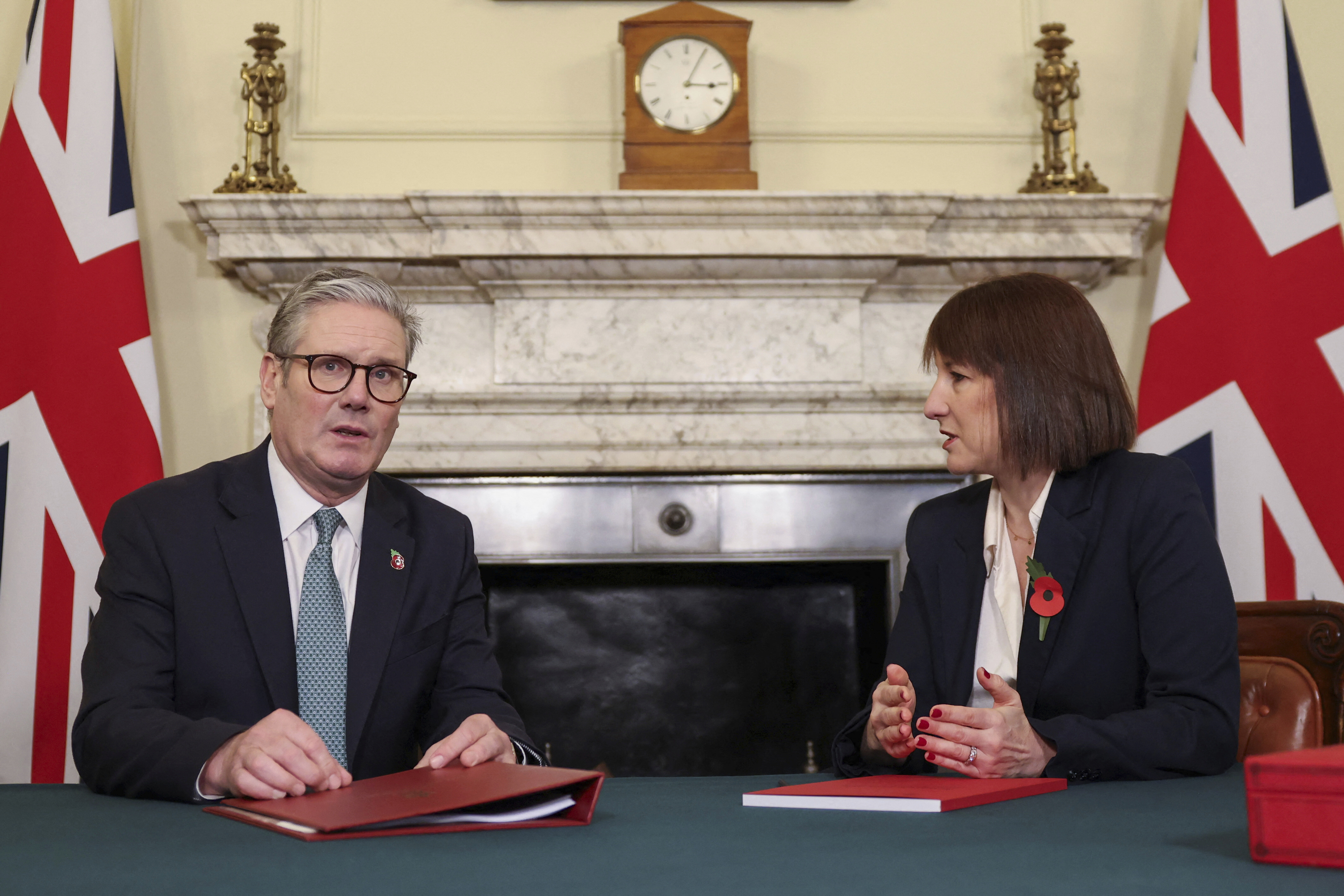
Some of Britain’s biggest businesses have warned Rachel Reeves that her Budget will lead to “inevitable” job losses and higher prices in the shops.
More than 70 retailers, including Greggs, Amazon UK, Tesco and Sainsbury’s, condemned the “sheer costs” associated with the chancellor’s decision to hike employers’ National Insurance.
Advertisement
It is estimated the move, which will see the NI rate increase and bring down the threshold at which it must be paid, will raise an extra £25,7 billion for the Treasury.
Reeves said it was necessary to help fill a £22 billion black hole in the public finances left by the previous Tory government.
But in a letter to the chancellor, organised by the British Retail Consortium, the firms said: “We appreciate government’s focus on improving the fiscal situation and investing in public services; we also recognise the role businesses have in supporting this.
“But, the sheer scale of new costs and the speed with which they occur create a cumulative burden that will make job losses inevitable, and higher prices a certainty.”
Advertisement
Other major companies who put their names to the letter included Aldi, Boots, Lidl, JD Sports, Primark and Morrisons.
A Treasury spokesperson said: “With our public services crumbling and an inherited £22bn fiscal black hole from the previous government, we had to make difficult choices to fix the foundations of the country and restore desperately needed economic stability to allow businesses to thrive.
“By doing this, more than half of employers will either see a cut or no change in their National Insurance bills, there will be £22.6bn more for the NHS and workers’ payslips will be protected from higher tax.
“This government is committed to delivering economic growth by boosting investment and rebuilding Britain.”
The business backlash comes as farmers prepare to protest in Westminster at changes to inheritance tax which they say will cost them millions of pounds and put many out of business.
Advertisement
However, the chancellor has insisted there will be no U-turn on the policy, telling them: “The reforms to agricultural property relief ensure that wealthier estates and the most valuable farms pay their fair share to invest in our schools and health services that farmers and families in rural communities rely on.”







